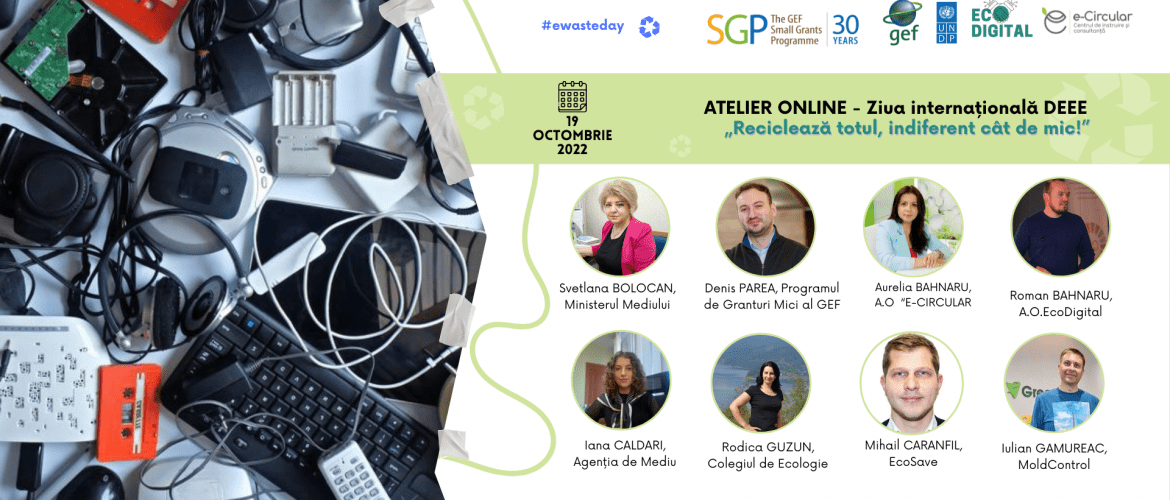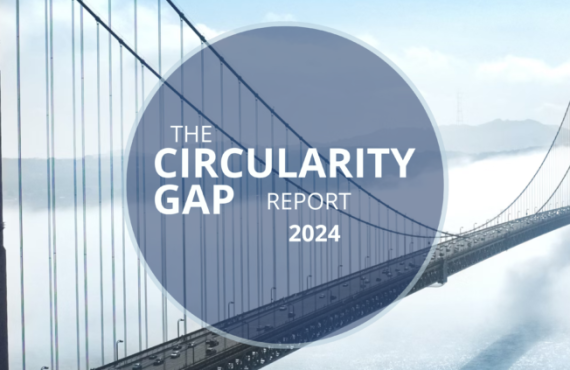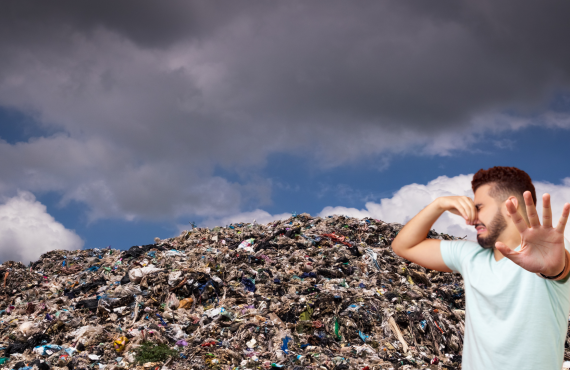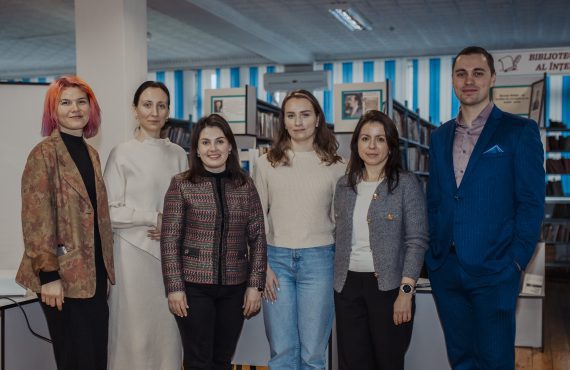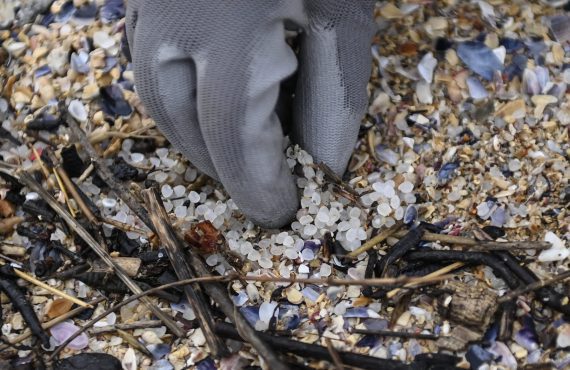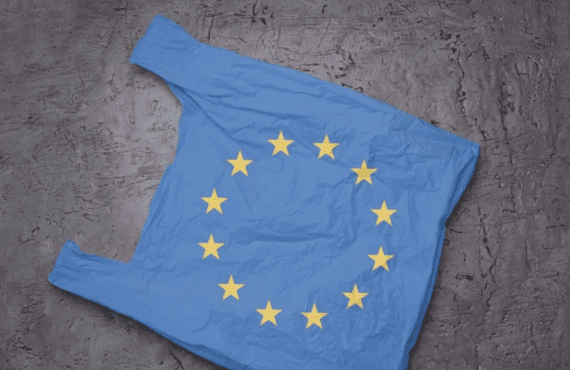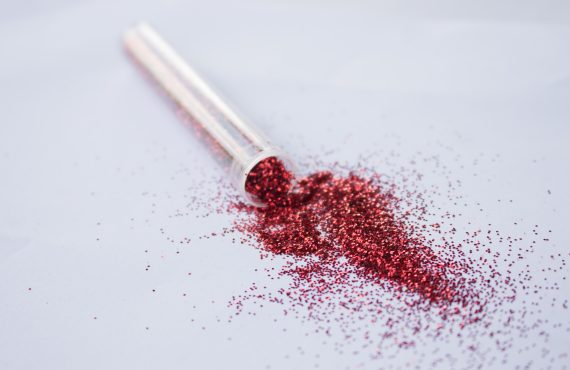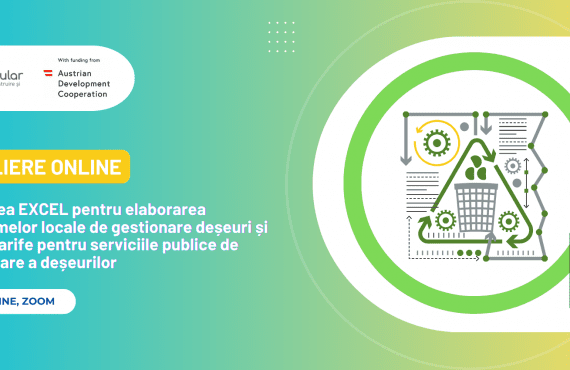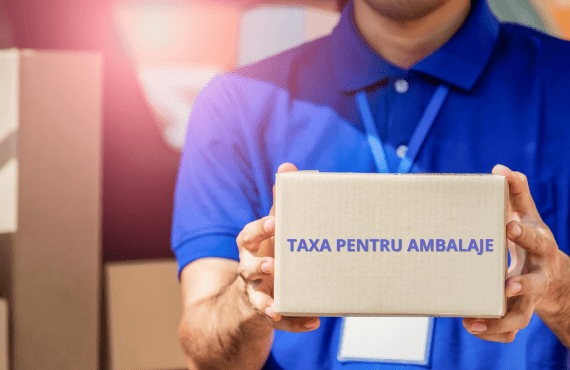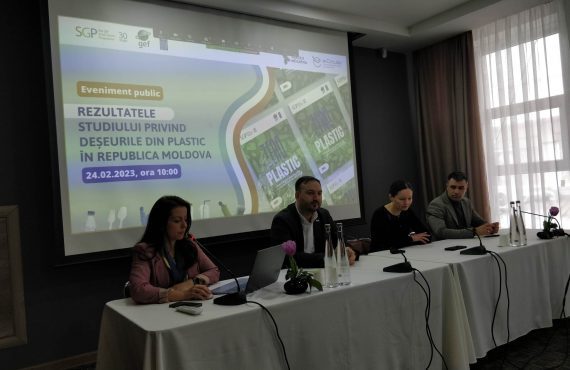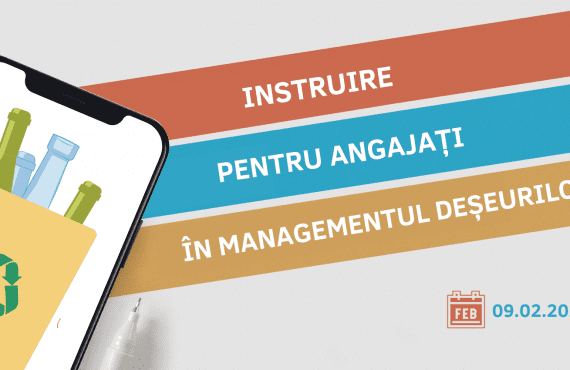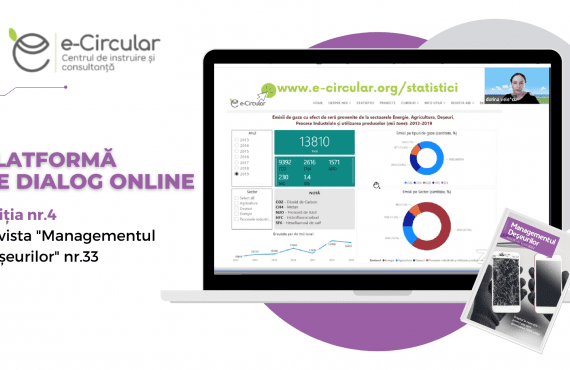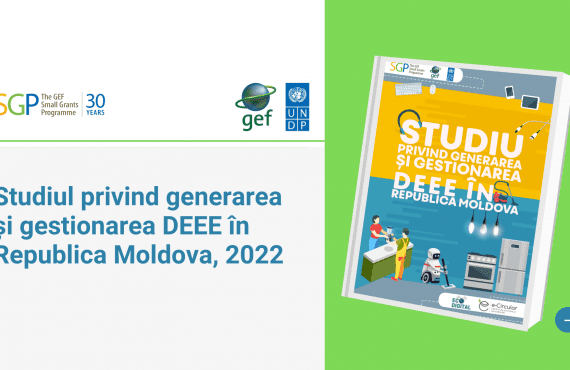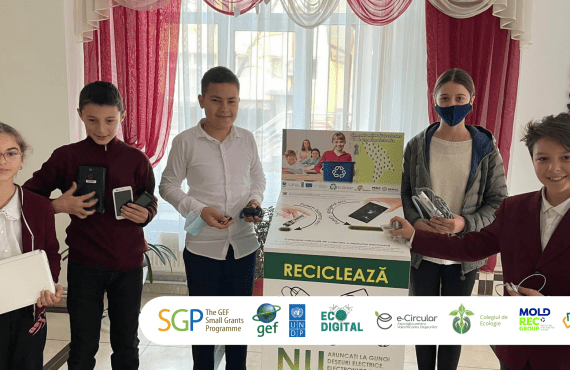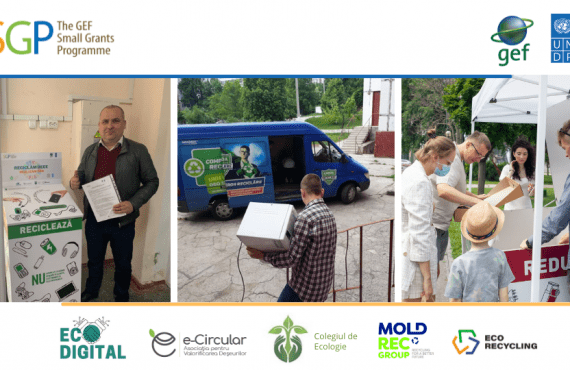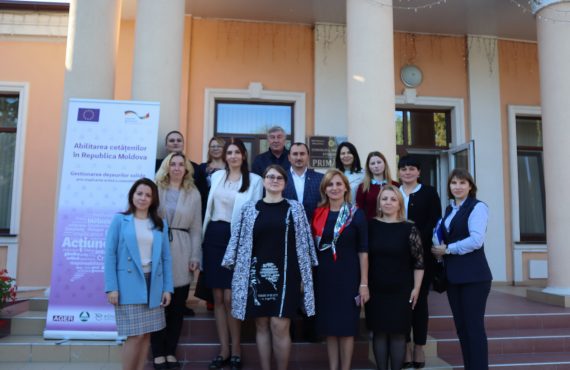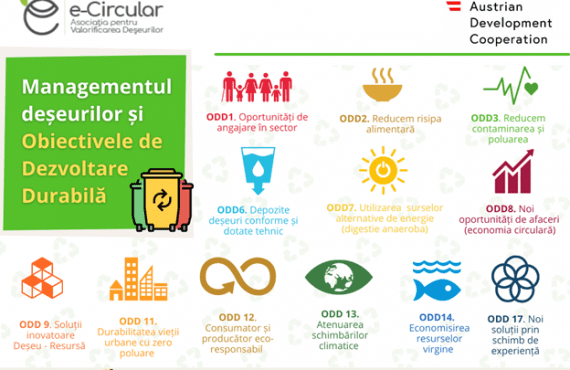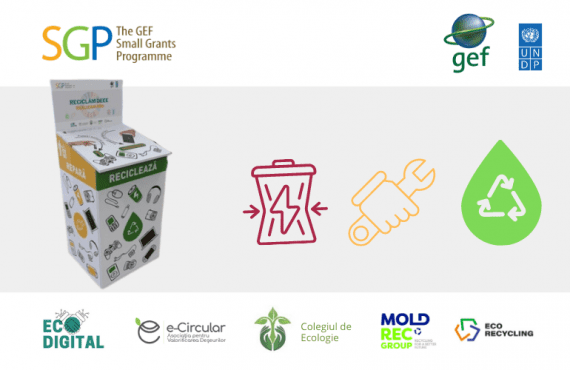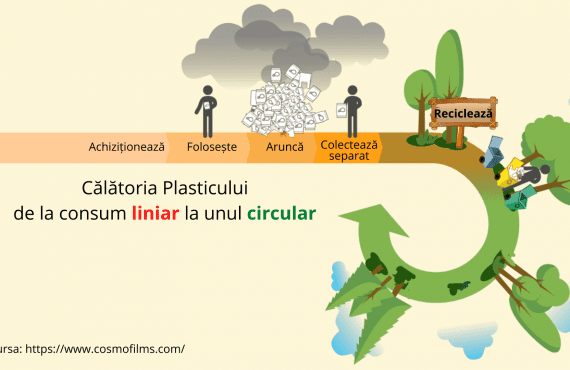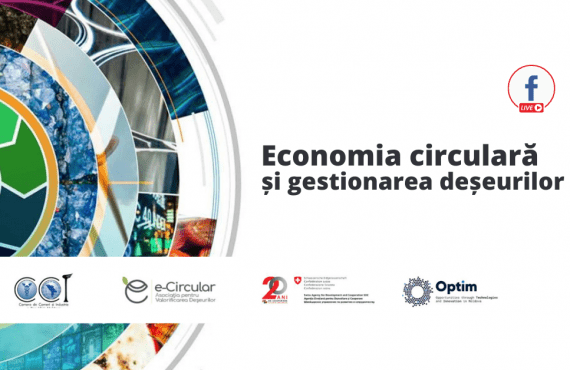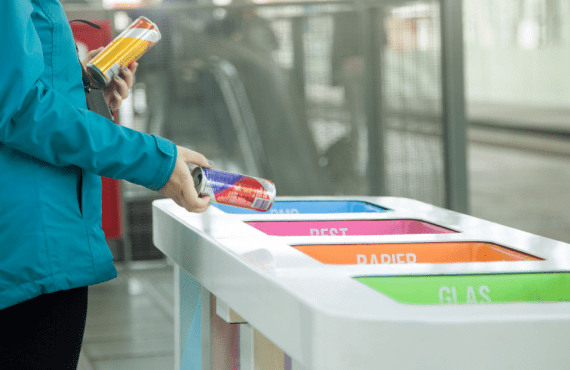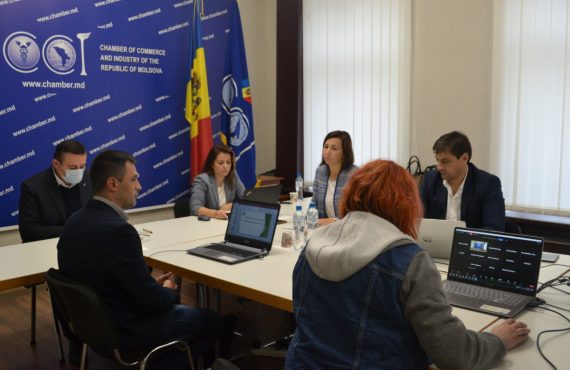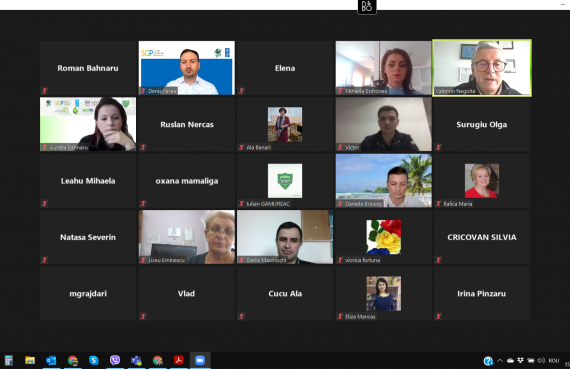Today, October 19, AO Training and consulting center "E-CIRCULAR" in partnership with AO "EcoDigital" organized ONLINE WORKSHOP "International WEEE Day: Recycle everything, no matter how small", event dedicated to the international e-waste awareness campaign.
In 2022, International E-Waste Day (#ewasteday) celebrated annually on 14 October focuses on small e-waste under the slogan "Recycle everything, no matter how small!". End-of-life small electrical and electronic appliances represent a significant challenge. The UN estimated that in 2019, more than 24.5 million tons of small e-waste were produced worldwide. This represents 40% of the 57 million tonnes of e-waste generated globally. If the amount of this small waste continues to grow at the same rate as total e-waste (about 3% per year), it will reach 29 million tonnes by 2030. Due to their small size, items such as mobile phones, electric toothbrushes and cameras photo are often disposed of incorrectly and represent a significant proportion of 8% of all e-waste that is thrown into bins, which are then landfilled or incinerated. This means that the important raw materials they contain cannot be extracted and are lost. In Europe, up to 1.4 kg of electronic waste per inhabitant end up mixed with household waste. In addition, small appliances are easy to store and forget in drawers, closets, garages, basements and attics. In a European household, around 5 kg of non-functional electronic devices per person are currently stored incorrectly and indefinitely.
At the country level, thanks to the support provided by GEF Small Grants Program, over the years several WEEE collection and recycling campaigns, population awareness, as well as conducting studies on the situation of WEEE in the Republic of Moldova have been successfully implemented. Such a study was carried out within the project "We recycle WEEE and achieve the SDGs", and milestones from this study were presented today by Mr. Roamn BAHNARU (AO EcoDigital), who mentioned the fact that in the Republic of Moldova, out of the total WEEE s thrown by the population in the trash, 34 % are small WEEE. You can find the entire study here: https://e-circular.org/wp-content/uploads/2022/06/Studiu-privind-generarea-si-gestionarea-DEEE-in-Republica-Moldova.pdf. Mr. Roman also discussed how the digitization of WEEE management contributes directly and positively to environmental protection, why the development of green skills by polluters is the key tool in reducing WEEE pollution and tools needed to increase collection rates.
Mrs. Rodica GUZUN presented the experience of the College of Ecology in promoting sustainable education among students, as a key tool for reducing WEEE pollution. A nice example in this regard was the setting up of the WEEE Laboratory Class with the support of the GEF SGP Small Grants Program. The classroom is equipped with various samples of WEEE, which allows to study and visualize in detail the types of materials from which they are composed (plastic, metal, electronics, etc.).
During the event Ms. Iana CALDARI, the Environment Agency presented the current situation regarding the implementation of the Extended Producer Responsibility mechanism at the national level, how many and which are the collective systems created and authorized at the national level and the amounts of WEEE collected for the 2020 reporting years and 2021.
Aurelia BAHNARU, president of the "E-CIRCULAR" Training and Consulting Center AO, states that the Circular Economy comes with clear and easy solutions to combat WEEE pollution. As recycling is not the most reliable solution regarding WEEE management, the implementation of the circular economy concept could help manufacturers to significantly reduce their raw material procurement expenses by reusing components of electronic equipment previously placed on the market and collected from end-users life cycle.
During the workshop, representatives of the collective systems Mr. Mihail CARANFIL from Eco Save and Mr. Iulian GAMUREAC, Mold Control, also participated and who shared his experience about the entire WEEE management process (collection, sorting, packaging, temporary storage, their recovery, transport to the final recycler) so that in the end, the WEEE no longer represents a danger to the environment and human health.
Map of Eco Save collection points: https://ecosave.md/puncte-de-colectare/
Ecological Universe collection points map: https://b2b.accent.md/ro/pages/univers_ecologic/
Collection point map Colectez.eu: https://colectez.eu/ro/collection-points
Map of Eco-Green collection points: https://ecogreen.md/
A map of e-Waste (WEEE) collection points developed by the "E-CIRCULAR" Training and Consultancy AO and EcoDigital AO, made with the support of the Small Grants Program of the GEF SGP Moldova, implemented by UNDP Moldova and in partnership with the Moldrec Association, EcoRecycling SRL and the College of Ecology you can find it here: https://e-circular.org/harta-puncte-colectare/

